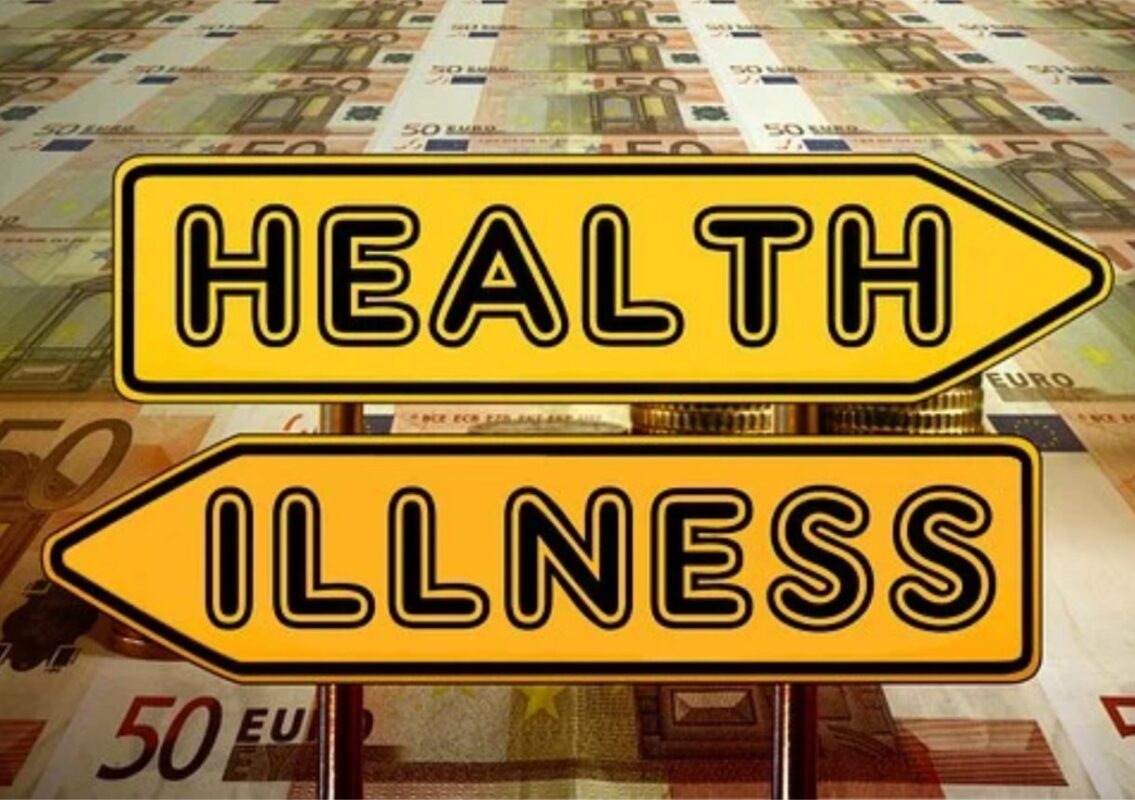The COVID-19 Pandemic has turned our lives upside down and made us realize that medical emergencies can happen at any time. That is why having a good health insurance plan is of utmost importance with today’s costly medical expenses and rising illnesses like heart diseases, diabetes, influenza, and dengue fever. Having health insurance for you and your family endows you with care and protection and lifts a huge burden off your shoulders. Choosing the right health insurance is no longer just an option in your monthly budget, but a must so that you can be sure that you have enough coverage should something go wrong. We all know that things can and do change at the drop of a hat so if you can make life easier for yourself, shouldn’t you go for it? If you’re looking to get health insurance but you’re feeling a bit lost, here are some tips on how to find the best health insurance plan for you and your loved ones.

Decide Where You Will Enroll
If your employer doesn’t provide health insurance benefits, you can use government exchange plans or your state’s marketplace. However, marketplace insurance plans can be more costly. When employers buy insurance plans for their staff, they can receive discounts and pay less, which explains why an employer’s health insurance is more convenient.
When you’re starting a new job, ask your employer about their health benefits and shop at the federal marketplace to compare both and decide which plan works best for you. If you only have the latter option, go to HealthCare.gov and enter your county’s zip code. Then, the site will send you your state’s exchange or federal marketplace.
You have a specific enrollment period to apply for 2021’s marketplace before being qualified for coverage. There’s no specific enrollment time for applying for Children’s health insurance like Medicaid or CHIP, you can enroll at any time during the year. On the other hand, the most expensive insurance plans are private insurance companies’ plans, and you have to pay tax credits in full amounts, unlike government plans which offer premiums or discounts on your income taxes.
Thorough Research
When you’re researching different insurance plans, you need to prioritize your needs and write down a list of your family’s medical exigencies so you can choose your plan according to your demands. Here are some inclusions of health insurance plans:
-
Health Maintenance Organization (HMO) and Exclusive Provider Organization (EPO)
These plans only allow for a certain network that you have to stay within when making a consultation unless there’s an urgency. They also require referrals which is why many people prefer other plans. You don’t have much freedom to choose your doctors and you have to meet with a general physician first before being referred to a specialist.
-
Preferred Provider Organization (PPO)
This plan doesn’t limit you to a network but generally, staying in the network will cost less. You won’t require specialist referrals and your provider’s staff will handle visits and appointments as well.
-
Point of Service Plan (POS)
In this plan, your primary doctor can choose your specialist. You can stem out of your network but you have to ask for a referral beforehand so that you don’t pay out-of-the-pocket costs.
You probably heard of Original Medicare or the insurance plan that the government will provide you when you turn 65. However, there is also Medicare Advantage that you might not be familiar with, which dates back to 1995 and was created to give people more benefits and options. Because these two are entirely different health insurance programs, it’s better to understand the differences between Original Medicare and Medicare Advantage to help you decide and ensure you get the plan that is right for you. These two plans can differ in cost, network, providers, out-of-the-pocket limit, and medication coverage. If you read more about both plans and wish to switch from Original Medicare to Medicare Advantage or vice versa, you can do so, but keep in mind that you have an enrollment period to make these changes.
Speak to a Professional
Meeting with a counselor can help you find the top insurance plan for you. A certified counselor who is experienced with many types of health insurance plans, as well as their pros and cons, can guide you through the process and give you advice based on your needs. There are trained navigators who provide assistance and sign people up for the best coverage. Counselors state that it is critical to organize and prepare all required documents including social security papers, household information, health reimbursement arrangement notice (HRA), and tax returns. This can accelerate the process of enrollment in the best health coverage for you.

Researching a plethora of options and finding the perfect health insurance plan can be time-consuming. You can also find yourself feeling overwhelmed and confused. However, if you keep these tips in mind and compare all networks and programs, you will certainly be able to choose the ideal plan for you and your family.
